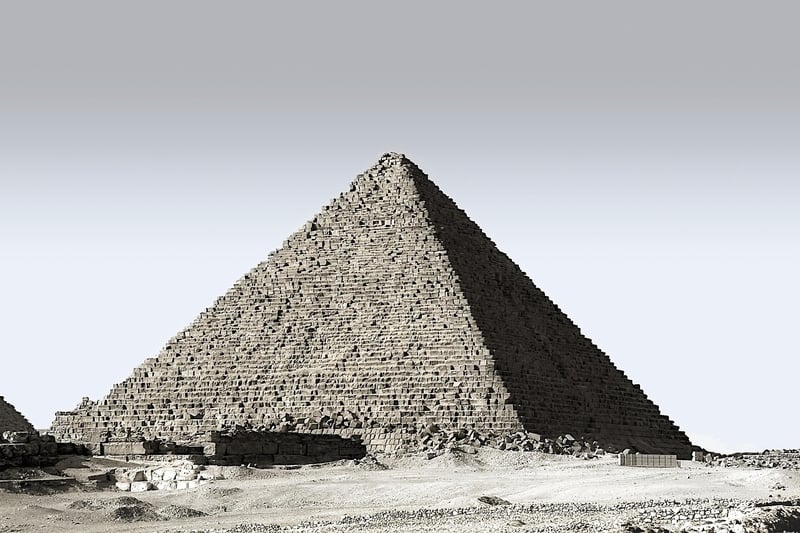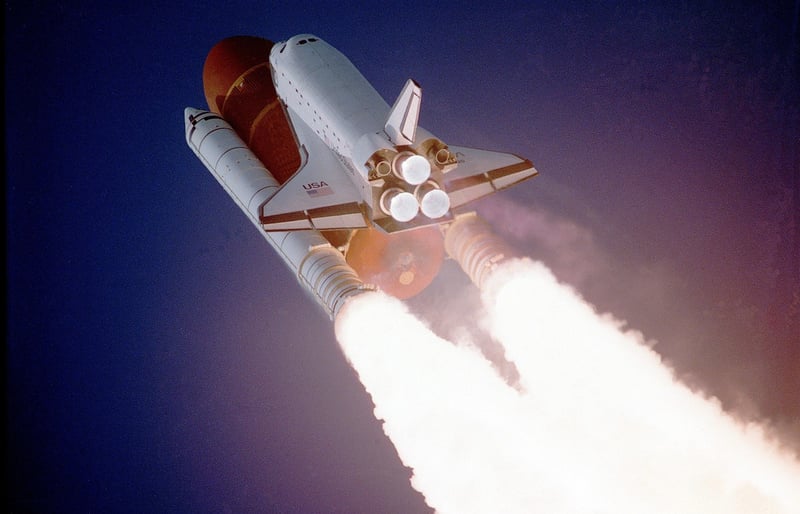Future Exploration
Exploring Different Eras and Future Exploration
Introduction
Exploring different eras and future exploration has always been a fascinating subject for humanity. From ancient civilizations to space exploration, the quest for knowledge and discovery has driven us to explore various eras and push the boundaries of what is possible.
Ancient Civilizations
Ancient civilizations such as the Egyptians, Greeks, Romans, and Mayans have left behind a wealth of artifacts and structures that provide insights into their culture, technology, and way of life. By studying these ancient civilizations, we can learn about the advancements they made in architecture, art, science, and more.

The Age of Exploration
The Age of Exploration, spanning the 15th to 17th centuries, was a period of intense exploration and discovery as European powers ventured across the globe in search of new trade routes and territories. Explorers like Christopher Columbus, Vasco da Gama, and Ferdinand Magellan made significant contributions to mapping the world.

Space Exploration
Space exploration represents the pinnacle of human curiosity and technological advancement. From the first satellite, Sputnik, to the Apollo moon landings and the Mars rover missions, humans have ventured beyond Earth to explore the vast reaches of space. Organizations like NASA and SpaceX continue to push the boundaries of space exploration.

Future Exploration
The future of exploration holds exciting possibilities, from deep-sea exploration to Mars colonization and beyond. Advancements in robotics, artificial intelligence, and space technology are paving the way for new frontiers in exploration. With missions planned to Mars, Europa, and beyond, the future of exploration looks promising.
Conclusion
Exploring different eras and future exploration allows us to understand our past, present, and potential future. By delving into the achievements and challenges of past civilizations and embracing the possibilities of future exploration, we continue to expand our knowledge and push the boundaries of human discovery.
